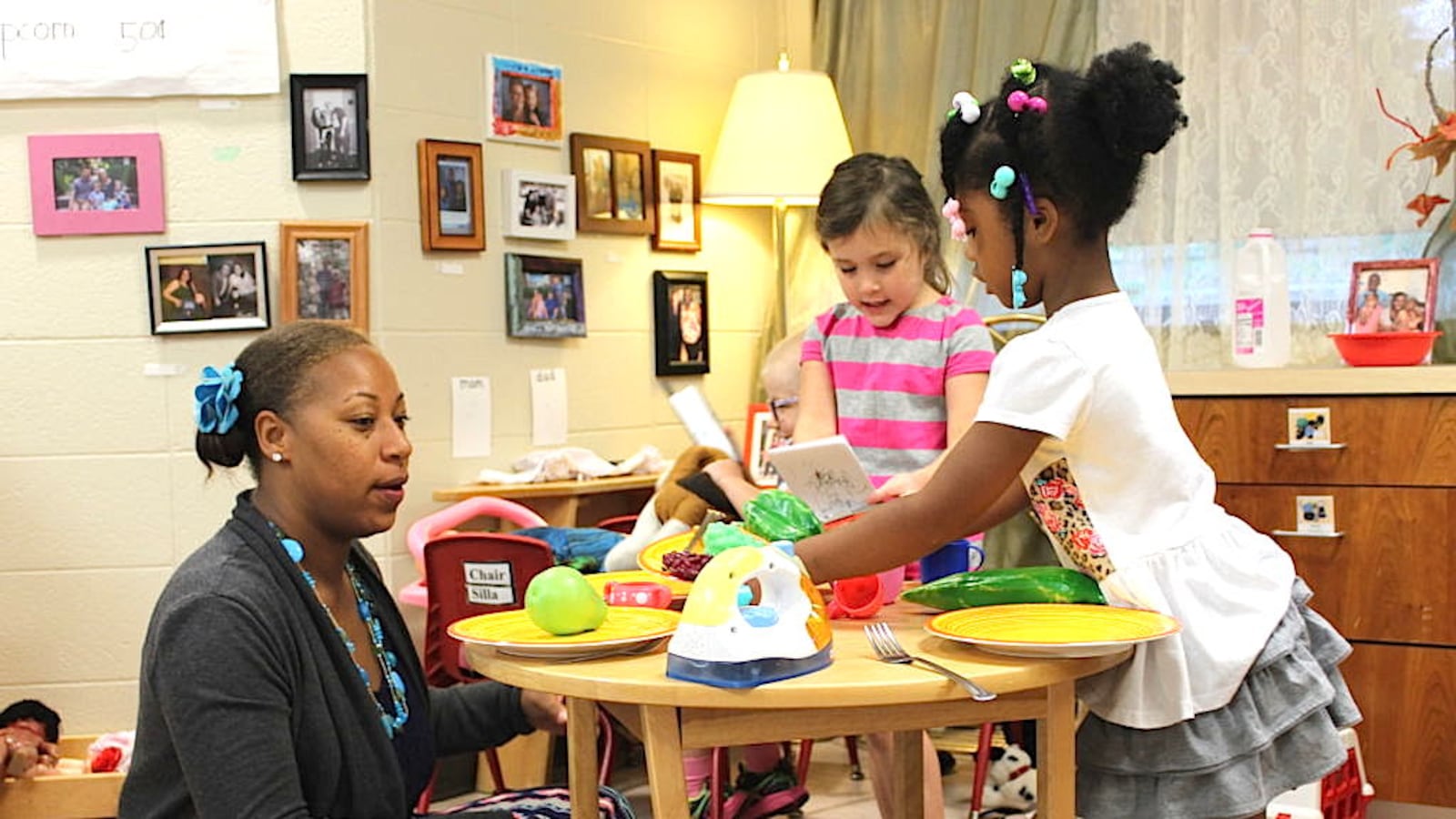Lawmakers have demanded lots of proof to determine whether preschool helps kids before deciding to significantly boost its funding, despite dozens of studies showing that students who attend high-quality preschool perform much better in school than students who don’t.
Yet they’ve requested no long-term study of another similarly designed, tuition support program — vouchers for private schools, a program that launched in 2011 and has seen hundreds of millions of dollars in state support. In research that does exist on the effectiveness of vouchers in other states, results are mixed, at best, and show relatively small effects on kids.
“Nobody is talking about whether vouchers as a policy proposal are resulting in students achieving at higher levels,” said Rep. Terri Austin, a Democrat from Anderson and former educator. “We pick and choose. What do we really want? It becomes using data as an excuse instead of a rationale to drive policy.”
The disparity in evidence and money spent is concerning for some Indiana lawmakers, educators and researchers, particularly when the state is poised to spend more than $300 million on vouchers over the next couple years. That’s compared to the $40 million for preschool over the same period that barely managed to squeeze through after months of negotiating in the GOP-controlled legislature.
“We’re taking public money and putting it to private use without even assessing whether that use has been good or bad,” said Rep. Ed DeLaney, an Indianapolis Democrat. “This is a very dangerous concept.”
Both issues were heavily debated in the recent legislative session, resulting in more state dollars to each program. But as part of preschool negotiations, Republican legislators have continued to ask to see more data from a long-term, state-backed local study of the program, which launched in 2014.
Republican legislative leaders have not requested — or funded — a study on Indiana’s voucher program. But researchers at Notre Dame University and the University of Kentucky are expected to publish a study in the coming months that shows results from the state program’s first six years. Early results presented at a 2015 conference in Florida showed that in the first three years of the voucher program, students who switched from public to private schools using vouchers experienced “significant losses” in math, with little to no effect in English, compared to how they did at their public school.
In fact, legislators had a chance to learn about the outcomes of vouchers before continuing to invest so heavily in them. Ashlyn Nelson, an Indiana University education researcher, was involved in a prior attempt to study the state’s program under state Superintendent Tony Bennett, but that agreement was cancelled at the last minute, she said.
“To me that represents the extreme of an ideological devotion to something,” Nelson said. “You are advancing ideological claims about the benefits of a program … and then saying we’re not going to even allow the program to be evaluated to see whether it fulfills the promises.”
Perhaps even more perplexing to Democrats and others who support Indiana’s preschool program is that preschool tuition support operates very much as a voucher program for 4-year-olds. Families choose a public or private preschool, and then the school receives money from the state to help pay tuition.
Despite the similarities, some Republican lawmakers see preschool vouchers as government supplanting family, but kindergarten vouchers as a parent making a deliberate choice in their child’s best interest.
Elena Silva, a researcher at New America, a Washington, D.C.-based think tank, said this contradictory ideology isn’t unusual. She’s seen the same rhetoric across the nation that upholds vouchers as freedom of choice and expansive state-funded preschool as government intrusion. But regardless of which side you sit on, she said, the result is the same: The state taking on a greater role in education.
“As soon as you enter into that,” Silva said. “You are essentially shaking hands with the government.”

